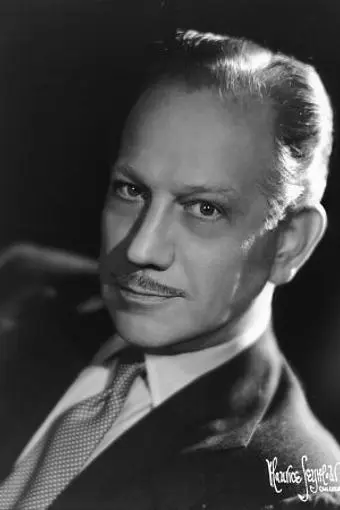Write an article
Create a list
Publish a column
Upload a video

Log in
My channel
Settings
Invite friends
English


Info mistake?
Biography
Two-time Oscar-winner Melvyn Douglas was one of America's finest actors, and would enjoy cinema immortality if for no other reason than his being the man who made Greta Garbo laugh in Ernst Lubitsch's classic comedy Ninotchka (1939), but he was much, much more. Melvyn Douglas was born Melvyn Edouard Hesselberg on April 5, 1901, in Macon, Georgia. His father, Edouard Gregory Hesselberg, a noted concert pianist and composer, was a Latvian Jewish emigrant, from Riga. His mother, Lena Priscilla (Shackelford), from Clark Furnace, Tennessee, was from a family with deep roots in the United States, and the daughter of Col. George Taliaferro Shackelford. Melvyn's father supported his family by teaching music at university-based conservatories. Melvyn dropped out of high school to pursue his dream of becoming an actor. He made his Broadway debut in the drama "A Free Soul " at the Playhouse Theatre on January 12, 1928, playing the role of a raffish gangster (a part that would later make Clark G
Awards
See moreKnown For
Filmography